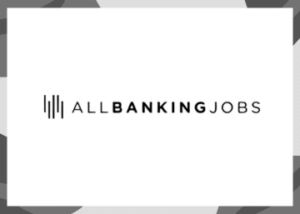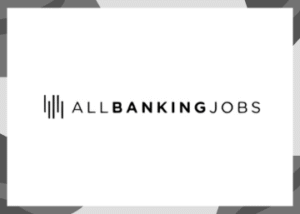The Consumer Financial Protection Bureau’s Proposal to Cut Oversight of Auto Lenders
In the face of increasing auto loan delinquencies, the Consumer Financial Protection Bureau (CFPB) is proposing to reduce its oversight of auto lenders, especially those that cater to subprime borrowers. This proposal comes at a critical time when delinquency rates for subprime auto loans have reached record highs. The CFPB’s Acting Director Russ Vought put forward this rule change in August, intending to limit supervision of auto finance companies to those that originate over 1 million loans per year. This is a significant increase from the current threshold of 10,000 loans, and would dramatically reduce the number of supervised auto finance companies from 63 to just five. This change could also potentially eliminate all oversight of subprime lenders.
The Impact of Reducing Oversight
Experts in the field, such as Eamonn Moran, a partner at Holland & Knight, have voiced concerns about the potential impact of this change. Moran asserts that the CFPB’s supervisory process plays a crucial role in curbing wrongdoing, and the absence of such supervision could impact the CFPB’s ability to address potential market failures. “Without supervising as many players in the auto finance sector, the CFPB may lose valuable insights into the internal practices of some of the market’s key players,” says Moran.
Opposition to the Proposed Rule Change
Interestingly, both bank trade groups and consumer advocates, who rarely agree on issues, have expressed their opposition to any plan by the CFPB to reduce supervision of nonbanks. They argue that the Dodd-Frank Act mandates that the bureau supervise nonbanks due to significant gaps in consumer protection. The American Bankers Association’s senior vice president of fair and responsible banking, Kitty Ryan, stated that scaling back supervision of nonbanks “would be a mistake.”
The Case of Subprime Auto Lender Tricolor Holdings
Adding to the debate is the recent bankruptcy of subprime auto lender Tricolor Holdings. This Dallas-based finance company specialized in providing loans to high-risk customers without conducting any credit checks. The company is currently under investigation by the Justice Department for allegedly engaging in fraud and double-pledging collateral, impacting numerous community banks and larger lenders like Fifth Third Bancorp and JPMorganChase.
Future Concerns and Consequences
Art Wilmarth Jr., professor emeritus at George Washington University Law School, agrees with the ABA that “now is not the time to reduce supervision of significant auto lenders, especially those operating in the subprime space.” The surge in auto loan delinquencies is often seen as a warning sign of broader economic problems and consumer weakness. Federal Reserve Chairman Jerome Powell recently stated that the Fed is “looking at it carefully” and “paying close attention.”
In conclusion, the CFPB’s proposal to reduce oversight of auto lenders has sparked a debate involving financial institutions, consumer advocates, and legal experts. While auto finance companies argue for less oversight, claiming redundancy, critics stress the importance of maintaining strict regulatory measures to prevent potential market failures and protect consumers from unfair practices. Should this proposal be adopted, it would significantly alter the landscape of auto financing, with potentially far-reaching implications for both lenders and borrowers.
For more information on this topic, visit the source link Here.






